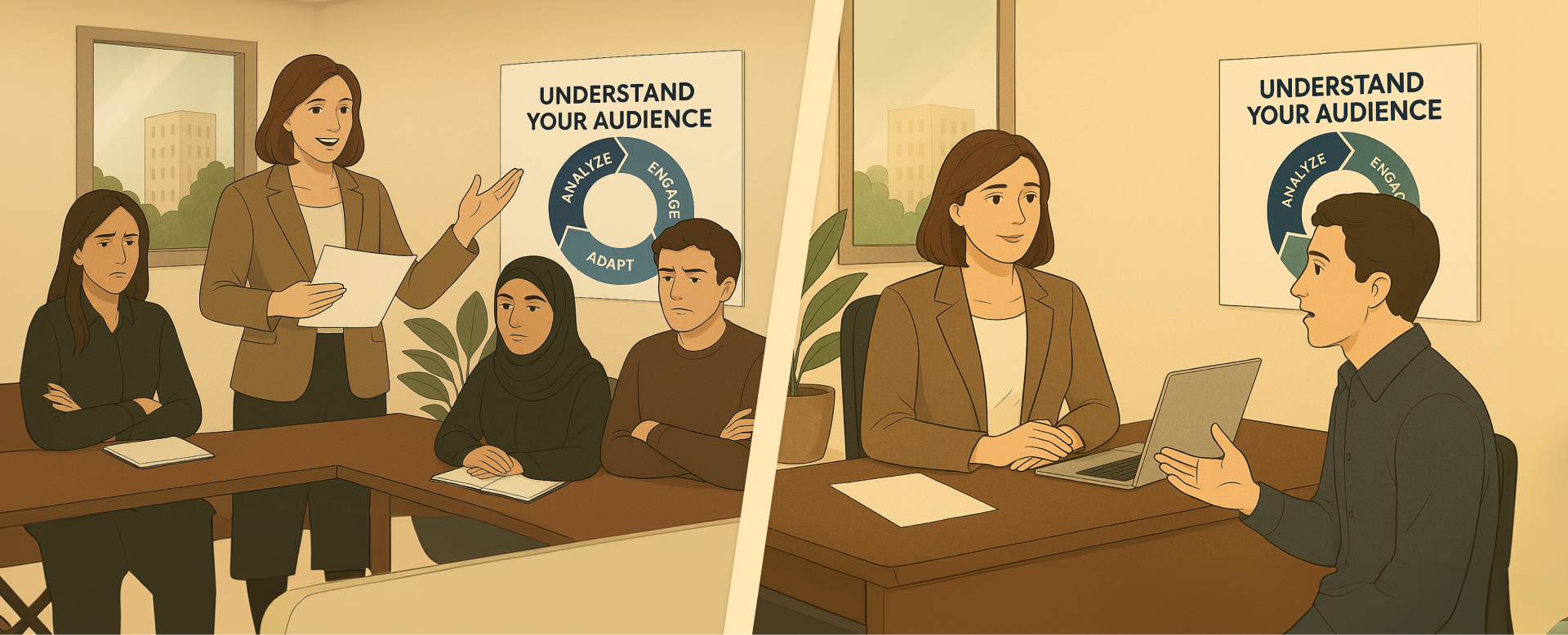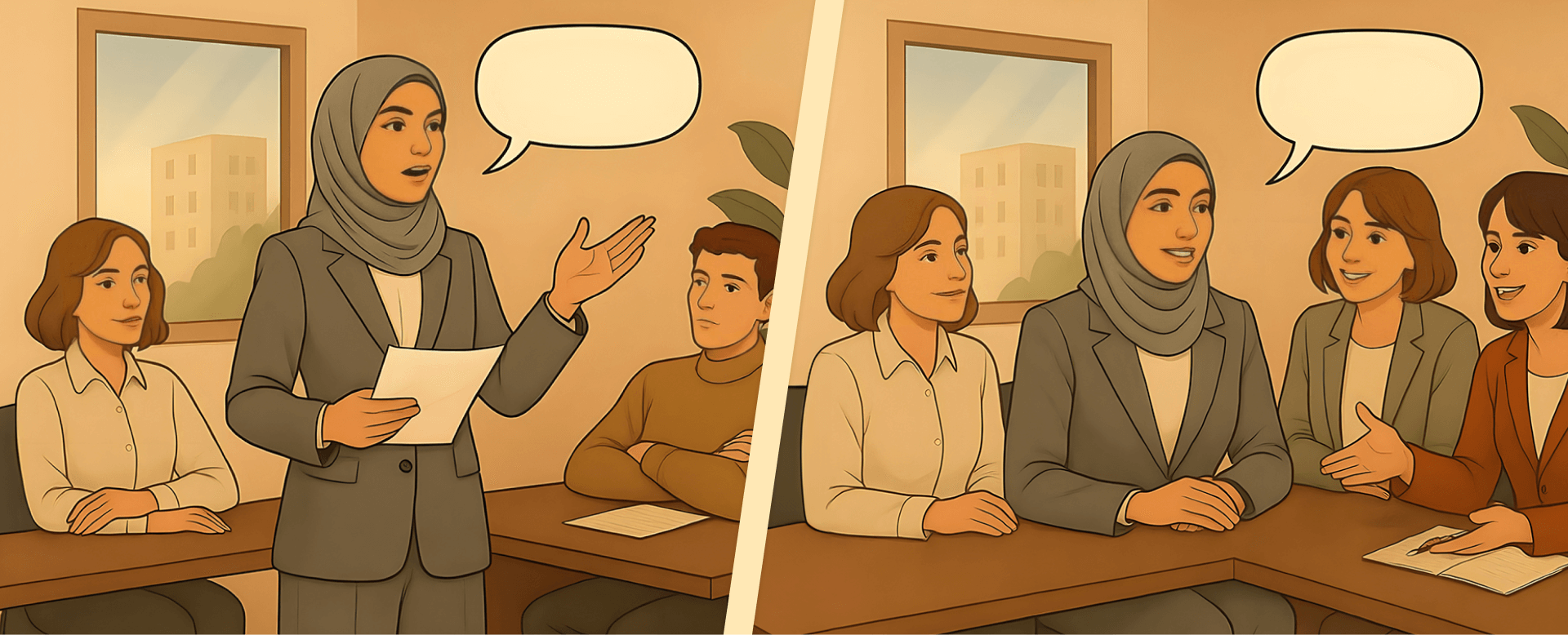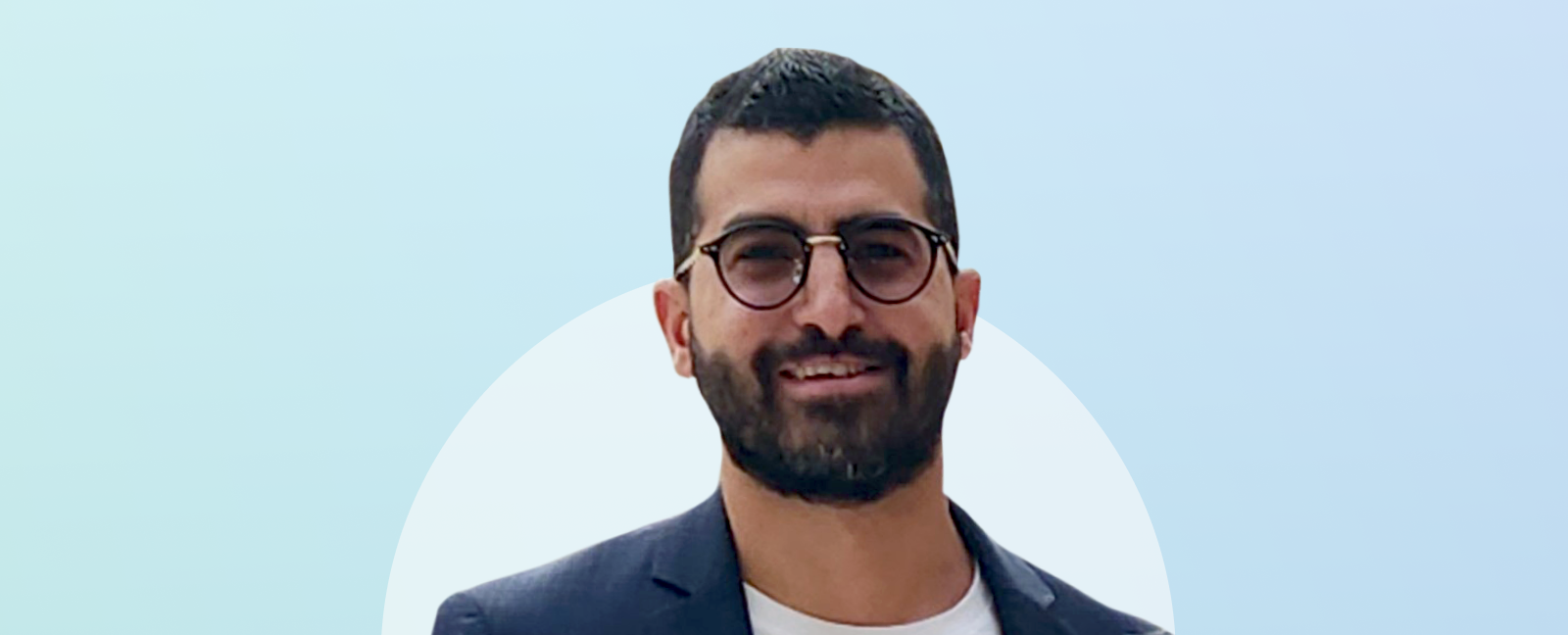
The Art of Creative Problem Solving
Creative problem solving is a valuable skill that empowers individuals and organizations to overcome challenges and discover innovative solutions. The ability to think creatively and approach problems from different angles is highly in demand, and even necessary in today’s volatile, complex world. As a matter of fact, creative problem solvers are the best at finding unique solutions that drive both personal and corporate success. So how can you become a creative problem solver?
To generate innovative ideas, it is essential to cultivate a creative mindset. One popular technique is brainstorming, where individuals come together to freely share suggestions and build upon each other's contributions. It is important to encourage a non-judgmental environment during brainstorming sessions to foster a sense of safety, allowing for the exploration of unconventional thoughts. Another approach is mind mapping, which visually represents ideas and their connections, stimulating original thinking and providing a framework for problem solving.
Once ideas have been generated, the next step is to analyze and evaluate potential solutions. This involves critically assessing each idea's feasibility, effectiveness, and alignment with the problem at hand. It should not be about defending one’s idea but about being objective. Techniques such as SWOT analysis – which evaluates the strengths, weaknesses, opportunities, and threats of ideas – can provide valuable insights for decision-making. By considering various perspectives and conducting a thorough evaluation, creative problem solvers can identify the most promising solutions.
Putting creative solutions into practice is a crucial step in the problem-solving process. This requires effective communication and delegation, collaboration, and adaptability. Effective problem solvers leverage their interpersonal skills to gain buy-in from stakeholders and ensure smooth implementation. They remain open to feedback and continually refine their solutions based on real-world observations and evolving needs. Iterative refinement allows for continuous improvement and enhances the impact of problem-solving efforts.
Solving problems creatively is a valuable skill that drives innovation and success in business as it enables us to break free from traditional thinking patterns. Most of all though, it represents the essence of who we are as human beings: resourceful and resilient, creative dreamers, defiant against all odds, and action-oriented go-getters. So next time you’re facing a problem, get excited – because you’re about to unlock exciting new possibilities. Good luck!
Related Blogs

When Logic Wasn’t Enough: Emotional Intelligence in Action
The Scene: It was a bright Thursday afternoon at Meridian Financial, and Layla felt optimistic. Her recent proposal had earned the firm a lucrative client, and today’s meeting was meant to outline next s...

When the Room Went Quiet
Nadine adjusted the sleeves of her blazer and glanced at the clock—9:01 AM. Her team trickled into the meeting room, coffee in hand, chatter softening as they took their seats. Today was her first big meeting as ...

Why So Serious? Embracing Humor in the Workplace
We've all been there—marathon project sessions that turn the office into your second home and colleagues into an oddball family you didn’t choose but somehow can’t live without. Yes, even those moments when ev...

Boost Your Life: The Power of Learning and Developing
Navigating life's challenges, it's not uncommon to feel adrift, lacking passion and focus in both our professional and personal spheres. The myriad negative influences surrounding us, or our daily stressors, c...
